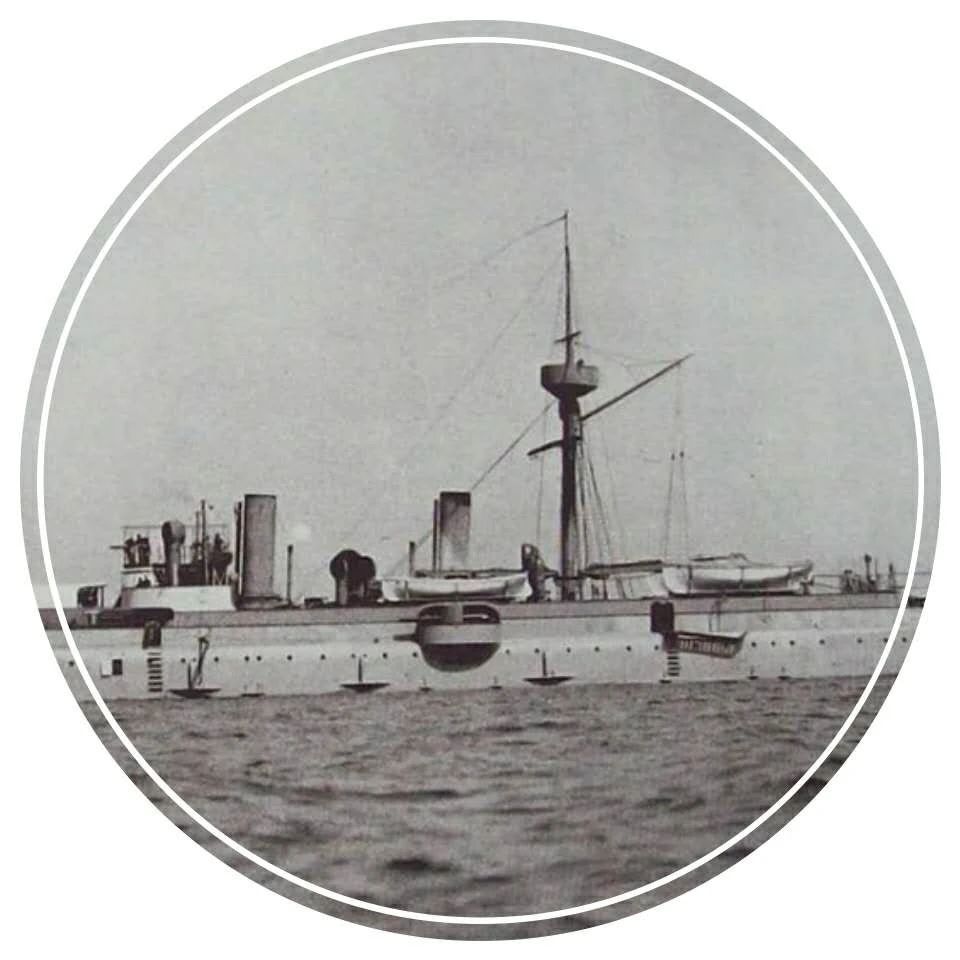During the Sino-Japanese War of 1894-1895, why did the Nanyang navy let the Beiyang navy be wiped out and did not send troops to save it?

In the Sino-Japanese War of 1894-1894, the Beiyang navy was completely wiped out. Since then, Japan has lost its awe of China, which made our country suffer from oppression and destruction in modern times.
With our lace top wedding dress you know that you made a perfect choice. They are perfect for any occasion.
During the Sino-Japanese War, the Beiyang navy was completely wiped out.
Since then, Japan has lost its awe of China, leaving our country oppressed and destroyed in modern times.
However, during the Qing Dynasty, there were not only Beiyang sailors but also Nanyang and Fujian sailors.
More than a decade before the Sino-Japanese War, the Fujian navy was secretly attacked by the French and the whole army was wiped out.
However, the Nanyang navy still has combat effectiveness, and the comprehensive strength of the Nanyang navy is only second to that of the Beiyang navy.
When the Sino-Japanese War broke out, if the Nanyang navy fought jointly with the Beiyang navy, it would be possible to reverse the war situation.
However, Nanyang sailors did not help, which led to Nanyang sailors often being scolded.
Zheng Guan once criticized the Nanyang navy: "if you see the excellent tour of the southern ship, it is difficult to find the northern ship."
Knowing that the two armies meet, they will not save each other. "
Hannagan, who took part in the Battle of the Yellow Sea, accused: "if China wants to win, it lies in supervising and supervising each other to protect their borders, but do not agree with each other."
At that time, the Nanyang sailors gloated, and when the Japanese saw the death, Yukio Ozaki said with a smile: "the Beiyang sailors were defeated, and the Nanyang sailors not only sat idly by but also secretly laughed at them."
Judging from the situation from the beginning of the war to today, it can be said that I did not fight the people of **, but against Zhili Province. "
On May 21, 1894, when Li Hongzhang learned that Japan was going to land in Shanghai and the Yangtze River, he immediately telegraphed Liu Kunyi, the then minister of Nanyang, to step up his guard.
Upon hearing the news, Liu Kunyi immediately led the army to block the gates of the Yangtze River-Jiangyin and Shanghai and stepped up the vigilance of the Yangtze River.
In addition, Liu Kunyi also set the number of ships entering and leaving the Yangtze River to two or more, giving Nanyang sailors an advantage in number and curbing possible Japanese attacks at any time.
The Qing court believed that the Beiyang navy could not resist the Japanese attack, so he asked Li Hongzhang to strengthen his land forces from Shanhaiguan to Dagu to prepare for a decisive battle with the Japanese on the road.
In addition, three warships of the Nanyang navy were sent northward to support the Beiyang navy to defend Lushun and Weihai.
Under the decision of both sides, the Qing government bought double insurance for itself.
However, Liu Kunyi said that he could not support it: "but now there are only five ships in Nanyang, and there are not enough sailors to prevent Wusong and Jiangyin.
The forts in Wusong and other places are not as strong as those in Lushun and Weihai. "
If the Nanyang navy sent three warships, there would be only two warships for defense, and the gunfire of the Nanyang navy was not as good as that of Lushun and Weihai.
In the face of the conditions put forward by Zhang Zhidong, the senior management of the Beiyang navy was not satisfied.
Seeing that there was nothing the Beiyang navy could do, Zhang Zhidong asked Guangdong for help: "he is bold enough to lead a soldier wheel. He is willing to go to Nanyang, not the size of the official rank."
However, Zhang Zhidong's move was also in vain, and he could only give up the idea of Beiyuan.
Li Hongzhang was not surprised at this, because he knew the power of Japanese warships, while in Nanyang, four wooden ships were of no use at all.
On one occasion, he said, "if we do not build more than a dozen more iron ships and high-speed ships in the future, and expand the Bureau of Manufacturing Machinery, we will not be able to control Japanese bonobos."
As mentioned above, during the Sino-Japanese War, Nanyang sailors from Matsujima, the flagship of the Japanese Joint Fleet, even if they went northward to rescue them, it was of no avail.
At present, people overestimate the strength of the Nanyang navy and mistakenly regard it as an important factor in turning the tide of the war.
The strength of the sea power directly reflected the strength of the country, and the tired Qing Dynasty naturally could not turn the Nanyang sailors into a division of tigers and wolves.
If the Qing Dynasty had been strong enough and the Nanyang navy would have been strong, then the Nanyang navy would have supported the Beiyang navy and the war situation would have changed.